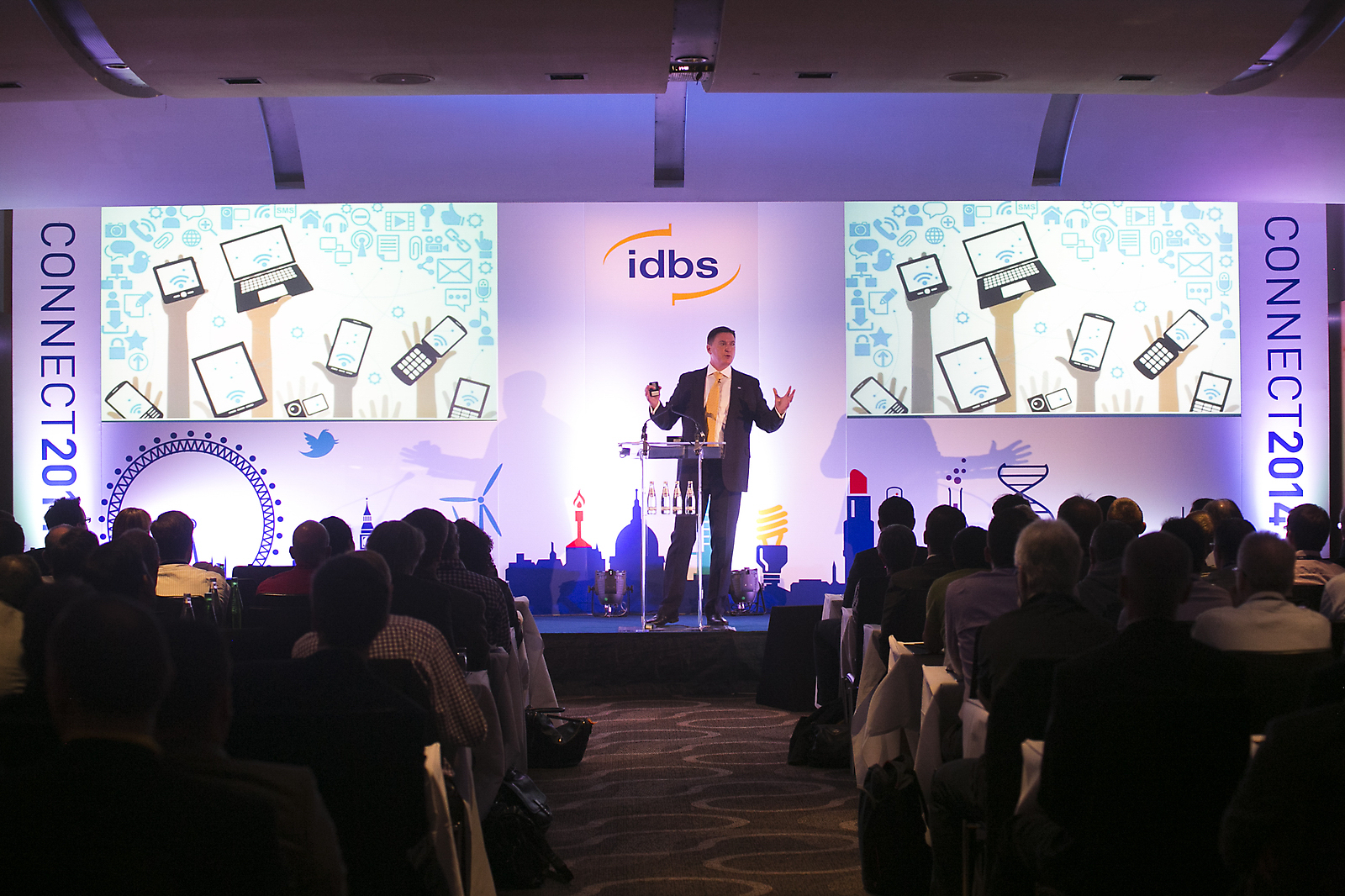Whether you’re planning an in-person or virtual event, corporate event management software can help you take your events to the next level. These tools help you create and manage an event website, engage your attendees, track attendance, provide event ROI reports and more.
The first step in choosing the right corporate event management software is to figure out what you need it for. Identify the core components of your event–like ticketing, a registration system, a marketing platform or a lead retrieval tool for exhibitors–and then choose an all-in-one solution that offers them.
You’ll want to look for a mobile-friendly platform that makes it easy to use on-the-go and integrates with your social media channels. It should also offer secure server-side firewall protection, SSL data encryption, daily backups and best practices for preventing data breaches.
Make sure the corporate event management software you’re considering provides a robust suite of tools that can be used by all your team members. Some apps offer everything you need to plan and execute your events, while others may focus on specific aspects of event planning (like speaker management, registration or a social media wall).
If you’re working with a large organization that has a lot of events, consider using a project management tool like ProjectManager. This application lets you centralize the organization of multiple projects, tasks and teams in one place, which can save you time and effort on your event management duties.
Another popular project management tool is Asana, which helps you coordinate tasks for your team. It’s ideal for organizing events that require up to ten people to work on simultaneously, and it makes it easy to generate event-related tasks and assign them to different team members.
A comprehensive event management software solution should also be able to organize and manage all your vendor relationships, including audio/visual companies, hotel rooms and catering providers. It should also provide a robust schedule for your vendors so they can stay on top of their assignments and deliver your event on time and within budget.
The most successful events are those that are based around a clear vision for their audiences and goals. It’s important to get your stakeholders on board and help them solidify who the event is for, what format it should take, when it should be held and where they envision it taking place.
It’s also critical to establish SMART objectives and a plan of action for each goal so that everyone knows what to expect when they arrive at the event. It’s also a good idea to map out a back-up plan should something go wrong.
You can find out more about these tools by reading the user reviews on sites such as Capterra and G2. Check out a demo or do a test drive to see how they work before making your decision.
For example, Conrego is an event management system that lets users create unique questioners for their audiences during live events and make print-ready badges for those who attend. It also offers powerful event insights, performance reports and 24/7 customer service. It’s an easy-to-use system that works across all platforms, including iOS and Android.

